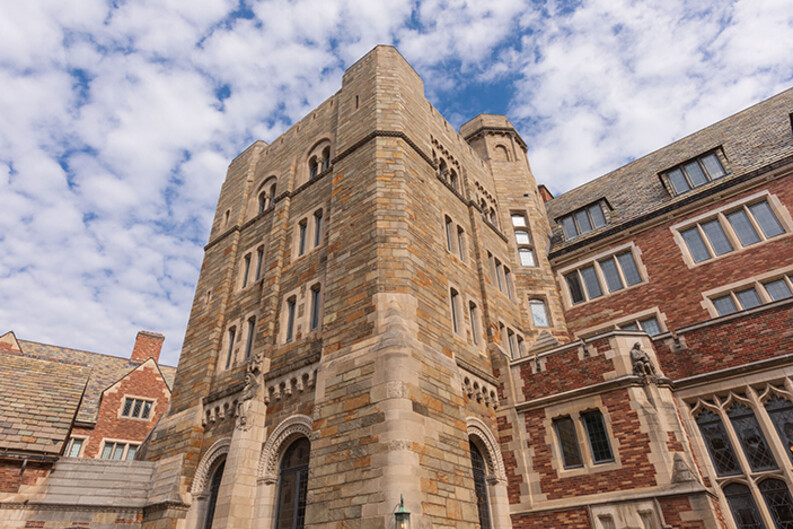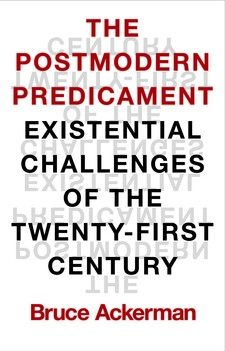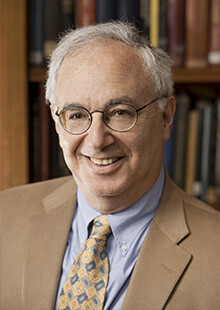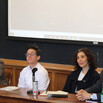Plights of the Postmodern Era

“What should I make of my life?” “Who am I?” “Does the earth move around the sun?” According to Bruce Ackerman, finding answers to such existential questions requires looking at the virtual and physical realities that make up a modern-day life. In his latest book, The Postmodern Predicament: Existential Challenges of the 21st Century (Yale University Press, 2024), Ackerman explores the heightened complexities of existentialism brought forth by the technological era and the impact these have on political alienation today.

Broken into three parts, the book studies the fragmented reality that has developed out of the internet age, where behaviors exhibited in an online forum don’t align with those presented in the physical world. The result, according to Ackerman, leads to increased political divisions. The first part examines if a virtual reality can truly take the place of real-world experiences, while the second part asserts that it can’t, stating there are “fundamental aspects of human experience that are threatened by our postmodern effort to escape the dilemmas of real-world existence by endlessly clicking into virtual reality.” One concern Ackerman mentions is the influx of misinformation on the internet which, in some cases, stems from corrupt politicians and contributes to societal divisions.

Like the philosophers Simone de Beauvoir and Jean-Paul Sartre, Ackerman considers the fragmentation of modern life as a central source of contemporary anxieties, particularly as they pertain to politics. In the third and final part of the book, he proposes concrete reforms that could mobilize broad-based support for democracy against demagogic assaults on its very foundations. Some of these include universal childcare, which Ackerman contends “reinvigorates democracy by demonstrating its capacity to respond decisively to an existential dilemma that almost every voter recognizes,” and “Deliberation Day,” a national holiday that would encourage citizens to discuss political issues ahead of an election, thus upholding their democratic responsibilities.
“I will only say enough about each proposal to provoke debate over its future prospects — and to encourage readers to come up with more and better ideas,” Ackerman writes. “My larger aim is to suggest that you should not sit on the sidelines in despair while demagogues transform themselves into dictators, but that it makes sense to take a grimly optimistic view of the future of postmodern democracy — provided that people like you work hard to construct realistic reforms that make sense to thoughtful voters over the coming decade.”
Ackerman is the Sterling Professor of Law and Political Science at Yale University, where he graduated from the Law School with a LL.B. He has authored more than 20 influential books on political philosophy, constitutional law, and public policy, and been named a Leading Global Thinker by Foreign Policy magazine. Some of his most notable works include the three-volume series We the People, which earned him the Henry M. Phillips Prize by the American Philosophical Society in 2002, as well as the award-winning book Social Justice in the Liberal State and more recent Revolutionary Constitutions.


